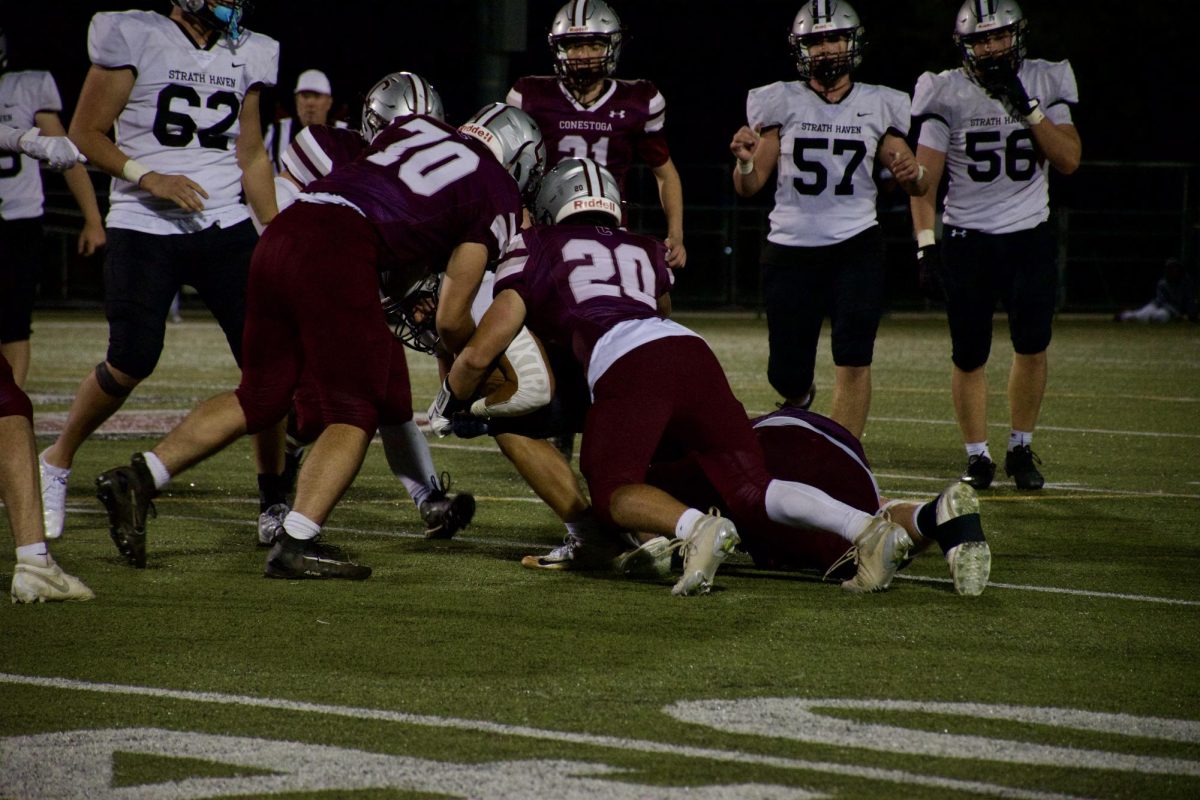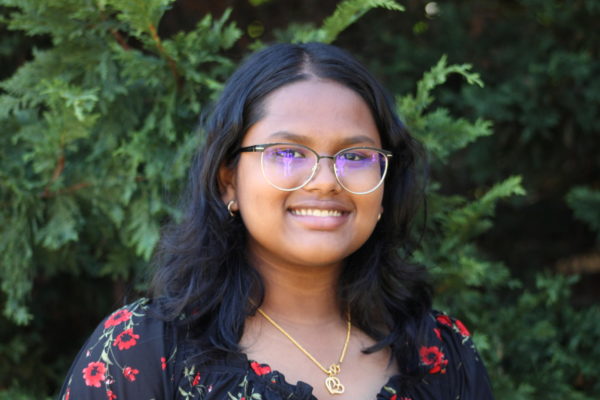By Eva Kennedy, Social Media Editor
During the summer, the African American Student Union (AASU) came together not just to change its name, but to embrace a transformation toward greater inclusivity. The decision to transition from AASU to the Black Student Union (BSU) represents a step toward achieving a more comprehensive representation of the diverse identities within the Black community.
Some members of AASU felt that the term “African American” in the club title did not cover all students who identify as Black — for example, those with Caribbean or immigrant heritages. BSU president and senior Zion Puryear brought the club together to initiate the change.
“Being called the AASU does not encompass everything that we are. Some of our people aren’t African American, or they might not be Black.” Puryear said. “The term ‘African American’ is a little restrictive, so I feel like ‘Black Student Union’ is a broader term that expands and allows more people to feel accepted.”
BSU treasurer and senior Ella Fotzeu feels that the term African American had historical roots, but did not fully represent all Black students.
She believes that the term Black is a simpler and more inclusive term that represents the entire community.
“People don’t want to call other people Black. They just want to say African American because they feel like that is less offensive,” Fotzeu said. “But, I really think that Black is more fitting because, you know, people say white, people can say Black; it’s just race. And acknowledging Black people as Black validates their identity.”
BSU initiated the decision to change the name prior to its attendance at a Conestoga Equity Leadership Alliance (ELA) meeting over the summer. The discussions centered around promoting unity and fostering inclusivity among the school’s various clubs and members.
BSU updated its name across various social media platforms for consistency. It also wanted to ensure its message and goals remained clear: The BSU remains open and welcoming to all, regardless of racial or ethnic background.
“You don’t have to be Black or African American to be part of the BSU,” Puryear said. “And you don’t have to feel like we will scrutinize you if you want to be a part of the BSU.”
Eva Kennedy can be reached at [email protected].





















































































